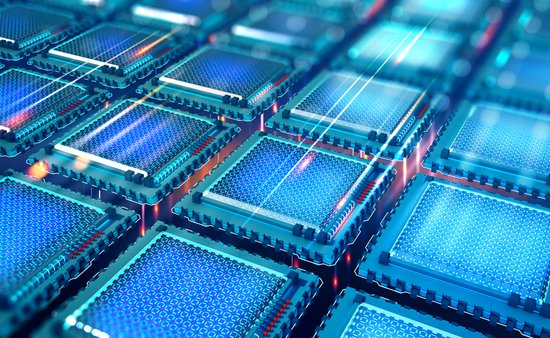At the IIR Cryogenics 2025 conference held in Prague, Czech Republic from April 7–11, Professor Ziad Melhem presented a keynote paper on recent advances in cryogenics for quantum computing, highlighting current cooling techniques and emerging solutions to critical technical challenges.
The presentation focused on cryogenic technologies essential to enabling quantum computing, where qubits require cooling to temperatures just above absolute zero to operate effectively. Professor Melhem reviewed several methods currently used to reach these temperatures. These include dilution refrigeration using helium-3 and helium-4 isotopes, cryocoolers utilizing the compression and expansion of gases such as helium, hydrogen, or neon, and adiabatic demagnetisation based on magnetic field control.
Each method presents advantages and limitations. Dilution refrigeration remains one of the most effective approaches but demands complex systems. Cryocoolers offer a more compact alternative, while adiabatic demagnetisation is less common due to its complexity and lower efficiency.
Key challenges in the field were also addressed, such as thermal fluctuations, heat from classical electronics, and infrastructure costs. Professor Melhem discussed emerging strategies to tackle these issues, including cryogenic CMOS technology, which could improve integration and reduce heat generation in hybrid quantum-classical systems.
He also highlighted developments in quantum error correction, which is critical for stable quantum computations. These systems require additional qubits and precise cryogenic conditions. Recent advances in cryogenic infrastructure have supported improved error correction capabilities, contributing to the performance and scalability of quantum platforms.
